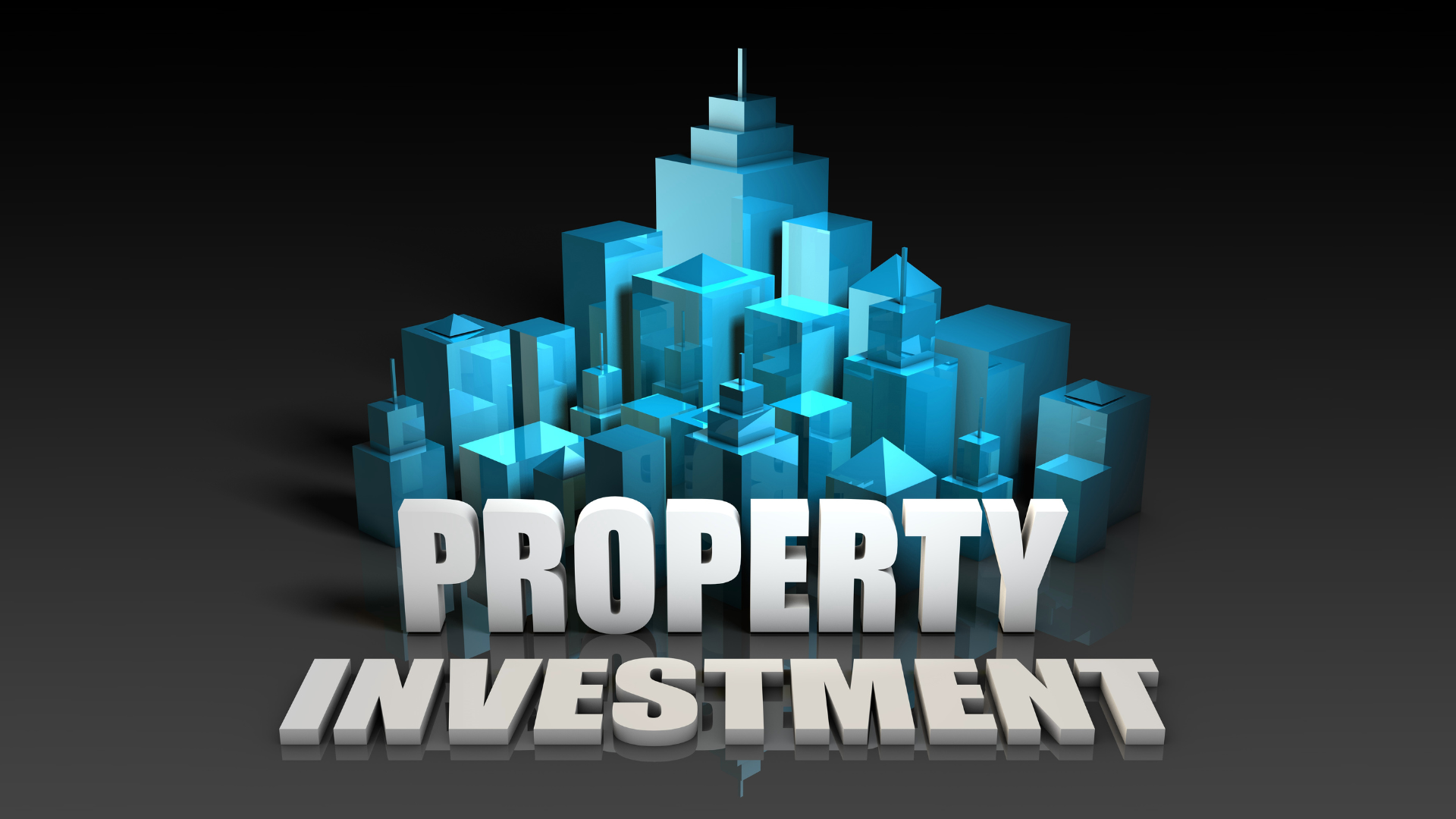Buying property will give you an asset that can provide both income and capital gain. However, there are costs involved, and there are also specific legal rules that you need to follow. So, it’s a good idea to understand the benefits and risks before you commit to buying property.
Making money from property investment is a popular goal among investors. It’s why real estate often makes an appearance on New Year’s resolution lists. Unfortunately, it’s also a sector that receives endless coverage and conflicting advice. There is no shortage of gurus pushing their strategies as the way to grow a real estate portfolio. But, like so much else, property investment is not as easy as just buying and hoping something will happen. There are some key questions you must ask yourself when investing in real estate. Knowing the right information or where to find it is critical to your success.
Location, Location, Location
One of the most important factors to take into consideration when investing in property is the location. On one hand, land, buildings, and homes in urban areas tend to be on the pricier side due to rapid development, proximity to well-established landmarks, and fluctuations in local market rates. On the other hand, certain properties like those listed at https://lowcountryrealestate.com/properties/sale may have scope for infrastructural development and urbanization in the following years, which could cause land prices to skyrocket over time. So, when buying land, commercial establishments, or residential properties, you’d want to assess all possible causes and effects, changes, and market values so that you can make the most out of your investment.
Down Payment Differences
A down payment is the amount of cash you provide upfront as a commitment to purchase a home. It’s not the same thing as a deposit, which protects you if the seller backs out. It usually represents 3% to 20% of the home’s total cost. The lower your down payment, the higher your mortgage payment since you’re taking on more debt. It also impacts the amount of cash you’ll need to bring to closing since your down payment and other closing costs often add up to more than the property value.
The 1% Rule
When you buy an investment property, you must purchase enough of the property to meet at least the first 1% Rule. This means you must buy at least 1% of a condo or multi-family home, or 1% of the cost to build a new home.
Investing in real estate is many people’s dream. It’s lucrative, provides passive income, and can be sold or leased out at any time. Like any other investment, though, it requires some money to get started.
Fixes and Variable Expenses
Commonly, businesses need to treat their costs as either fixed or variable. A fixed cost is a cost that does not change with the level of activity. For instance, the cost of rent on a building is a fixed cost. A variable cost is one that varies with the level of activity. For example, the cost of ingredients for a food product is a cost that varies with the level of activity.
Usually, a venture has a couple of fixed expenses. They’re the ones that are the same every month, like rent or a mortgage, and while they may fluctuate a little bit, they often don’t change much month to month. The others are called variable expenses, and these are the ones that change on a regular basis—especially month to month—like utilities, food, and any kind of inventory.
Property Management
When you think about a property management expert, managing a rented space is probably the first thing that comes to mind. However, property management encompasses more than just renting out space. It involves collecting rent, making repairs, having the property regularly cleaned by commercial cleaning services in Columbus, OH (or elsewhere), screening tenants, and marketing the property. Property managers are also responsible for settling tenant conflicts and abiding by rental laws. Given the numerous advantages that come with having your property managed by professionals, it is wise to consider hiring one of the most reliable Los Angeles Property Managers (or similar managers near you) to maximize the returns from your rental home.
Know the Risks
Buying a property, whether commercial or residential, is a big decision. When you buy a property, its price depends upon a number of factors like the location of the property, the type of property, the amenities provided, and many more. Apart from these, however, certain risks associated with the property are also to be taken into consideration. For individuals venturing into the realm of rental property investment, in particular, a comprehensive understanding of these risks becomes paramount. A resource like “The Ultimate Guide to Rental Real Estate Investing” can serve as a valuable compass, offering insights into the nuances of this intricate landscape. By exploring this guide, aspiring investors can gain a holistic perspective on rental property investment, empowering them to navigate the challenges and opportunities that lie ahead with informed confidence.
It is quite natural to get carried away by buying a house. But care should be taken as stepping into any property transaction requires a lot. You should keep many things in mind while buying real estate. From thinking about how to finance it to deciding on the legal procedure, a lot should be done.

